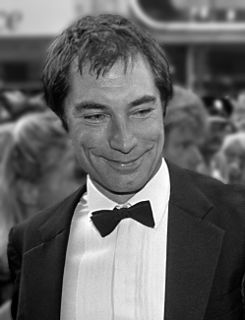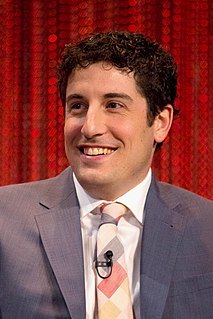A Quote by Judith Tarr
I like going back in time and writing historical fantasy. I use some real historical characters as a background to give depth to the fantasy. And I throw my fictional characters into the midst of this, and, so far, it has turned out interesting.
Related Quotes
I started a novel back in high school. It wasn't very good. It was the opposite of good. The writing itself wasn't too bad, and the characters were interesting. But the story was a mess, and it was full of fantasy cliches. Dwarf with an axe. Barbarian warrior. I don't ever think I'd bother finishing that. It's just not worth my time.
When you're training as an actor, a lot of the big work you're learning is to treat fictional characters like real people. You don't have the problem of discovering a backstory with real people, but there's always a mystery which is common to both fictional and factual characters. They are never quite the person you think they are.
I think there's a lack of really, really good funny scripts out there that work on all the levels that they're supposed to - which is to say that they're not just funny but they have interesting characters that people are going to like and be invested in. I've done a bunch of movies that haven't worked but I like to think I've done some that have worked and that's because not only is the comedy there but the characters and storylines are interesting. The characters are real and relateable and people were invested in them.
One of the things that makes characters real is details. Life offers a lot of details. You just have to choose and use them wisely. When you give them to fictional people and a fictional story, their purpose and their meaning changes, so it's best to see the version in the book as fiction entirely, wherever it started out.
If you are going to write, say, fantasy - stop reading fantasy. You've already read too much. Read other things; read westerns, read history, read anything that seems interesting, because if you only read fantasy and then you start to write fantasy, all you're going to do is recycle the same old stuff and move it around a bit.
Real history is far more complex and interesting than the simplistic summaries presented in Wikipedia articles. Knowing this allows you to question received wisdom, to challenge 'facts' 'everybody' knows to be true, and to imagine worlds and characters worthy of our rich historical heritage and our complex selves.

































